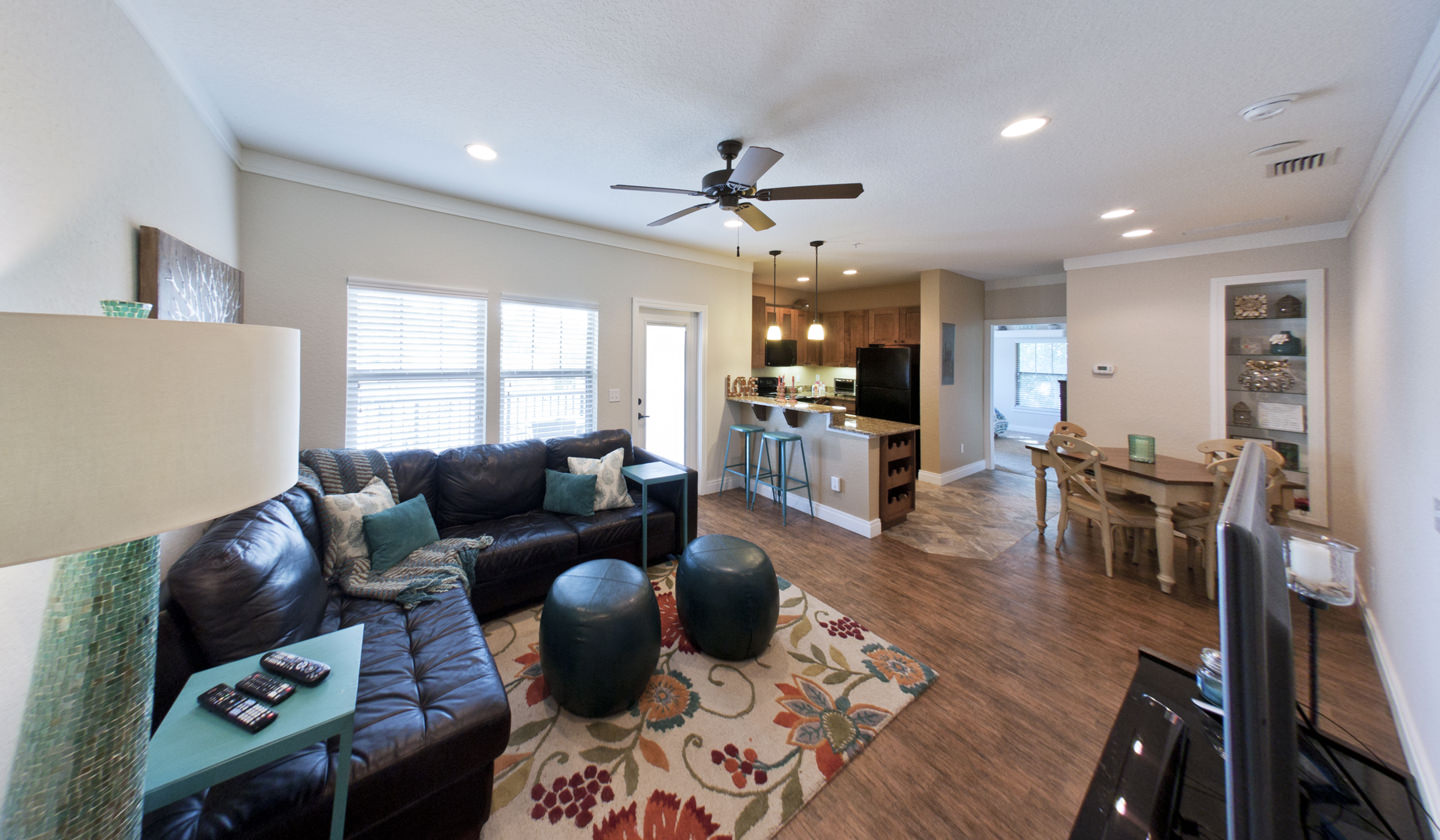Multifamily Blogs
4 Things Apartment Maintenance Know That Property Managers Don’t
4 Things Apartment Maintenance Know That Property Managers Don’t

Whenever something happens in a tenant’s apartment, they put in a service request or contact the maintenance department. Access to a professional, experienced maintenance team is one of the primary benefits of renting an apartment. Many renters have great relationships with the leasing team and property managers at the apartment complexes where they live, but they often have an even better relationship with the maintenance technicians that come into their apartments to make repairs and perform preventative maintenance. The conversations that occur while the maintenance tech is within the apartment can directly and indirectly give the tech a lot of information that the leasing team might never know— but might really need. Maintenance techs often see things that the leasing team does not, and these things can make a big impact on the success of your team.
Here are four things maintenance techs often know from visiting apartments:
1. Which Apartments Have Unauthorized Pets
Some apartment complexes have a no pet policy due to possible damages, allergy concerns, and noise problems. In other cases, pets might be allowed with a pet deposit. In both cases, tenants may attempt to have an unauthorized dog or cat in the unit without signing the required paperwork or paying the required fees. It may seem easy to sneak in a pet since the apartment managers aren’t in the apartments, but as soon as a maintenance tech is needed, they’ll be sure to be the first to notice that there is a pet.
At Ashton Lane apartments in Gainesville, Florida, a maintenance tech encountered issues when attempting to do maintenance in a 1 bedroom apartment. The tenant put in a work order but wanted to schedule an exact time for the maintenance tech to be in the unit on a certain day. This itself isn’t odd behavior, but while in the unit, the tech discovered food and water bowls, in addition to chew toys, chewed kitchen cabinets, and pet urine stains. The tech reported the issue to the property manager, who spoke with the tenant about the unauthorized pet and the damage in the apartment.
2. Which Apartments Are Getting Ready to Break Their Lease
In some cases, tenants will attempt to move out of the apartment and stop paying rent before the end of the lease contract. The maintenance tech may notice signs that a resident is planning on moving out of an apartment, such as packed boxes in the living room or kitchen. In those cases, the maintenance tech can speak with the property manager to ensure that the resident is aware of his or her lease obligations, sublease options, and lease termination options.
3. Which Apartments are Likely to Renew
The maintenance techs often get to know individual tenants, since they spend time in their apartments doing repairs. In many cases, they know facts about what’s happening in their lives. While maintenance techs are in a renter’s apartment, questions may arise that can lead to conversations about staying for another year and renewing. Property managers may be able to train the maintenance team on how to answer questions about renewal deadlines, rent concessions, and the renewal process.
4. Which Apartments Are Going to Need More Time During Turn
Turn is one of the busiest times of the year for apartment complexes, as the entire team works to make sure that apartment move-outs and move-ins run smoothly. One of the benefits of a maintenance tech visiting different apartments may be that they see problems that may need more time for repairs. In some cases, they may be aware of damaged tile in the kitchen, stained carpet in a living room or bedroom, or damaged fixtures in a bathroom that will need to be replaced before new renters move in. In those cases, they can inform the property manager, who can order the supplies in advance to ensure that the turn goes smoothly and quickly, without any delays due to out of stock items.
Knowing This, What Should Property Managers Do?
Property managers should talk to their maintenance supervisors and maintenance team to create an open dialogue about the above items. Property managers should acknowledge how important the maintenance team is within the operation and discuss each of the above items in detail. Techs should be encouraged to report any of the above, and when possible, they should be trained on how to discuss renewals with the tenants. In some cases, apartment complexes reward maintenance techs if they are involved in the renewal conversations by providing them a bonus or a gift card when the apartment renews.
At Trimark Properties in Gainesville, the maintenance staff is divided up into different groups for each apartment complex, and because of this, the maintenance techs soon get to know tenants and their habits. Because the maintenance techs see the same tenants over time, they create a strong relationship. They report the above info to the supervisors and leasing team which works together to ensure a smooth management at the property.
Here are a few other tips for Property Managers:
- Reward maintenance techs who are talk to tenants about renewing
- Make sure that renewal deadlines and renewal specials are posted in prominent areas in the leasing office, so that the maintenance team is in the loop
- Have monthly meetings with leasing and maintenance teams together, so that good communication occurs
- Specifically ask maintenance workers about the above apartment issues at least once every month

